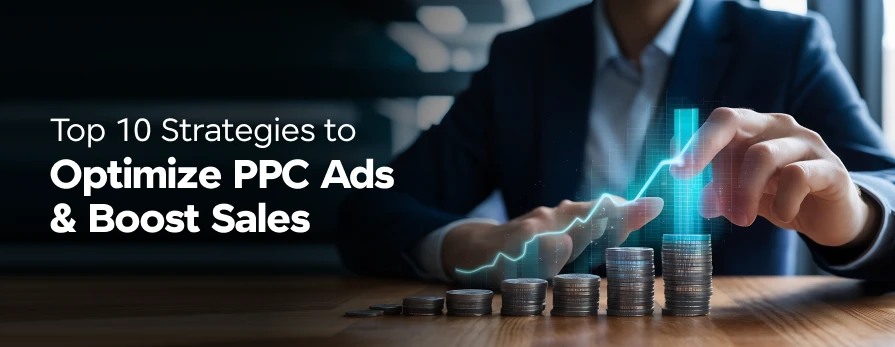
Top 10 Strategies to Optimize PPC Ads & Boost Sales
Sep 28, 2024 5 Min Read 2047 Views
(Last Updated)
In today’s evolving digital marketing landscape, Pay-Per-Click (PPC) advertising stands as a stalwart strategy for businesses aiming to elevate their online presence and drive conversions. With PPC, you have the power to precisely target your audience, control your budget, and measure the effectiveness of your campaigns in real-time. However, despite its potential for success, navigating the intricacies of PPC advertising can often feel like going on a treasure hunt without a map.
Have you invested time and resources into PPC campaigns, only to see minimal results? Perhaps you’ve struggled to decode the best practices amidst the sea of information available to you. In this blog, we’re delving into 10 proven strategies to optimize your PPC ads and unlock the full potential of your digital marketing efforts.
Table of contents
- 10 Strategies to Optimize PPC Ads and Boost Sales for Your Business
- Keyword Research, Selection, and Updation
- Analyze Your Ad Copies
- Make use of Ad Extensions
- Optimize the Ad Placement & Schedule Ads wisely
- Construct Landing Pages that help Conversions
- Leverage the power of A/B Testing
- Connect with the right audience using Demographic Targeting
- Improve your quality score
- Manage Negative Keywords Effectively
- Campaign Monitoring and Optimization
- Wrapping Up
- FAQs
- What is the best PPC strategy?
- How do I optimize my ads?
- What are the 5 key aspects of PPC?
- How can SEO help PPC?
- How do you profit from PPC?
10 Strategies to Optimize PPC Ads and Boost Sales for Your Business
PPC stands for Pay-Per-Click, which is a digital marketing model where advertisers pay a fee each time one of their ads is clicked. It’s one of the most effective ways to buy visits to your site, rather than attempting to earn those visits organically through methods like SEO.
Optimizing PPC campaigns is crucial for maximizing the effectiveness of your digital advertising efforts and driving meaningful business outcomes such as increased traffic, leads, and sales. PPC optimization is a continuous process that requires data-driven decision-making, testing, and refinement to ensure that your campaigns deliver the best possible results within your budget constraints.
Also, Explore the Top 15 Growth Marketing Strategies for 2024
Before we move to the next part, Improve your knowledge of business analytics concepts. You can consider enrolling yourself in GUVI’s Business Analytics and Digital Marketing Course, which lets you gain practical experience by developing real-world projects and covering technologies including Power BI, Excel, SQL, Tableau, Data Visualization, etc.
Additionally, if you would like to explore Marketing Research Techniques through a Self-paced course, try GUVI’s Marketing Research Techniques certification course.
1. Keyword Research, Selection, and Updation
Keyword research is one of the foundational strategies to optimize PPC Ads. Start by identifying relevant keywords that align with your business goals and target audience. Tools like Google Keyword Planner, SEMrush, Moz, or Ahrefs can aid in uncovering high-performing keywords with substantial search volume and manageable competition. For example, if you’re a home decor retailer, targeting keywords like “best indoor plants” or “indoor plants for home” could attract qualified leads to your website.

Run a keyword audit. Find the list of keywords that worked well and the ones that didn’t. Review your performance frequently and increase or lower your PPC budget accordingly.
Know More About How to Optimize Keywords for SEO: A Step-by-Step Guide
2. Analyze Your Ad Copies
Your ad copy is your virtual sales pitch to potential customers. Craft compelling and concise copy that entices users to click through to your website. Incorporate strong calls-to-action (CTAs) that prompt action, such as “Shop Now,” “Buy Now”, “Learn More,” or “Get Started.”
Take inspiration from successful ad campaigns within your industry and analyze the language and messaging that resonates with your target audience. Your Ad Copy is crucial for customers to make a click. So, make sure to give out the best copies after testing and analyzing them.

Know More: Paid Advertising Vs Content Marketing: A Detailed Comparison
3. Make use of Ad Extensions
Ad extensions are one of the essential strategies to optimize PPC Ads. Ad extensions provide additional information and value to your ads, increasing visibility and engagement. These extensions will provide the user with a concise synopsis of your website, testimonials from your audience, and direct links to specific pages. They can increase traffic and provide you with a competitive advantage.
Utilize extensions like site links, callouts, and structured snippets to highlight unique selling points, promotions, or additional services. By including location extensions, contact information, or review extensions, you can enhance credibility and encourage user interaction with your ads.
Also Read: 8 Best YouTube Channels to Learn Digital Marketing 2024
4. Optimize the Ad Placement & Schedule Ads wisely
Timing is everything in PPC advertising. Identify peak hours and days when your target audience is most active and adjust your ad scheduling accordingly.
Use data from your PPC platform or Google Analytics to identify trends in user behavior and optimize ad delivery during high-conversion periods. By strategically scheduling your ads, you can maximize visibility and capitalize on potential sales opportunities.

Consider the placement of your ads across different networks, devices, and platforms to maximize reach and engagement. Tailor your ad placements based on audience demographics, interests, and behaviors to ensure relevance and effectiveness. Adjust bidding strategies and budgets for specific placements to optimize performance and ROI.
Also Read: Top 15 B2B Digital Marketing Strategies in 2024 [Updated]
5. Construct Landing Pages that help Conversions
A compelling ad is only half the battle. Your landing page must seamlessly guide users towards conversion. When someone clicks on your ad, they land on a landing page, which is effectively the decisive moment for the customer, in whether or not they make a purchase. Hence, it is crucial to optimize your PPC techniques, especially landing pages.
Check if your landing pages are optimized for relevancy, clarity, and ease of navigation. Ensure you give a cohesive message between your ad and landing page to maintain user trust and interest. Test different elements such as headline, imagery, and form placement to determine the optimal layout for driving conversions.
Make sure your landing page is precise in content with clear context and has all the product/service information including price and policies, contact information, and a click-worthy call-to-action.
Also Read: Top 7 Reasons Why You Should Learn Digital Marketing in 2024
6. Leverage the power of A/B Testing
A/B testing, or split testing, allows you to compare different ad variations to determine which resonates best with your audience. Experiment with variations in ad copy, imagery, CTAs, and landing page design to identify elements that drive the highest conversions. Continuously monitor performance metrics and iterate on your tests to refine your PPC campaigns over time.
When it comes to formulating strategies to optimize PPC Ads, A/B testing comes in handy and it allows you to evaluate two ads with different copies to determine which one receives the most clicks. When we say, testing ads- we are also speaking about the design, functional buttons, etc within an ad copy.
During the A/B Test, Google will randomly assign your two distinct PPC ads to different users when you set up an A/B test. By the time the testing period ends, you’ll know rather well which ad received the most clicks and, consequently, which technique you should use going forward.
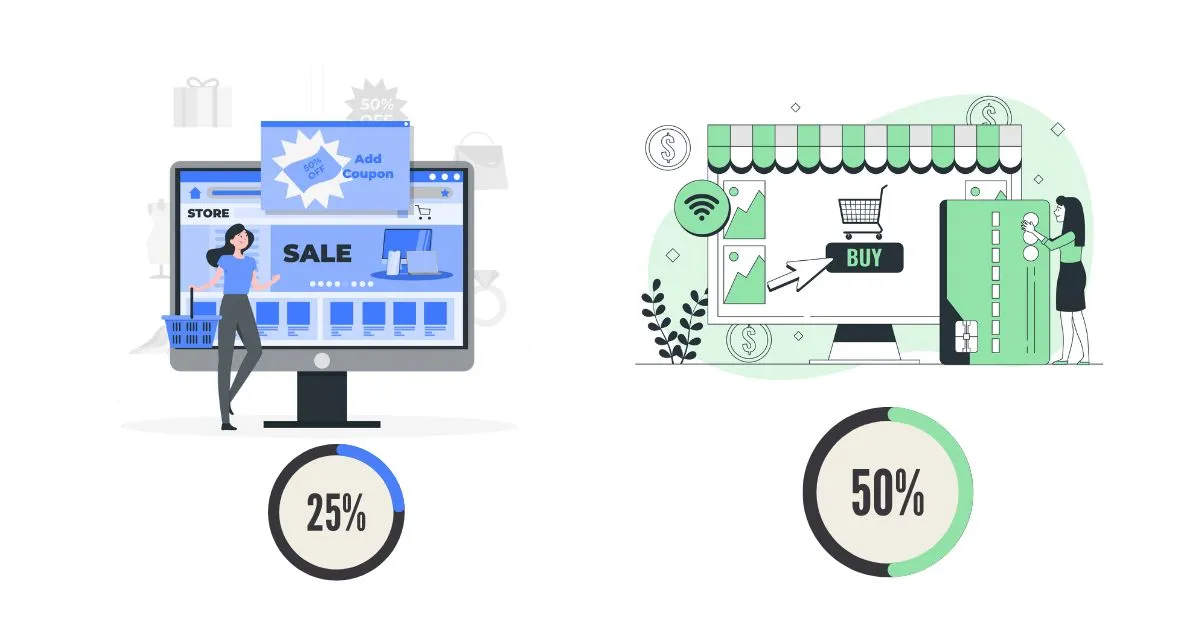
Know About How to Learn Digital Marketing in 2024?
7. Connect with the right audience using Demographic Targeting
One of the crucial aspects of PPC optimization is to ensure that your campaigns attract relevant audiences or customers. To carry out this form of focused marketing, you must identify and comprehend your target market.
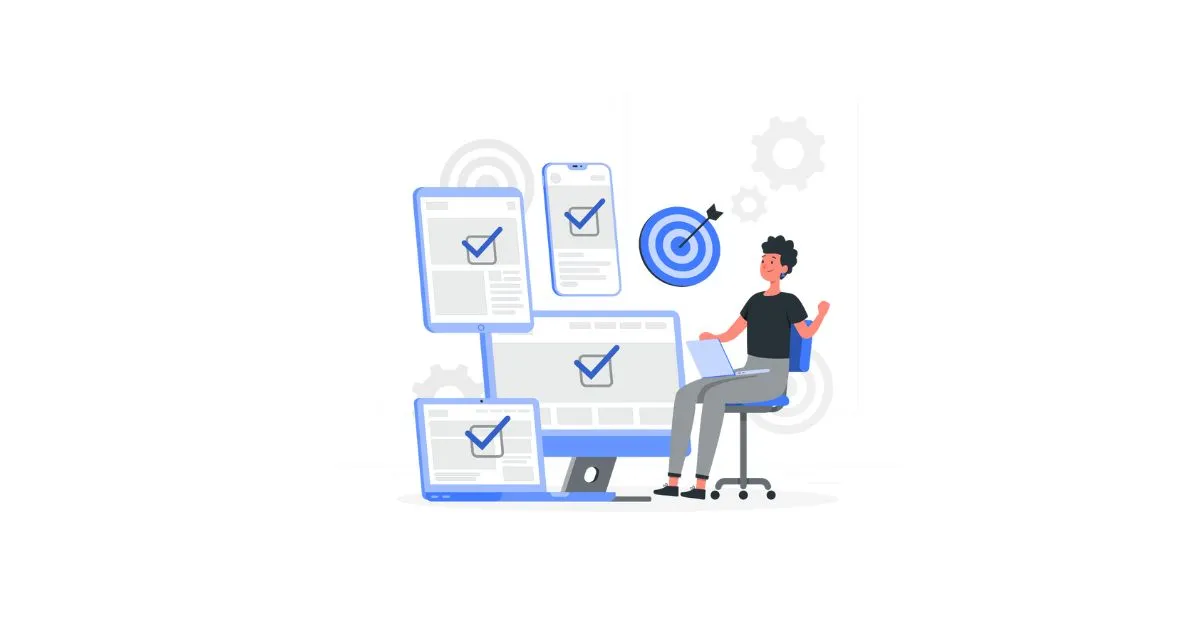
You must consider factors like age, gender, marital status, education, location, job type, family background, interests, and more. The effective approach to developing an advertising campaign is to identify the target demographic characteristics for your product or service.
Find Out Top 10 SEO Techniques For Better Ranking in 2024
8. Improve your quality score
Quality score plays a pivotal role in determining ad rank and cost-per-click (CPC) in PPC campaigns. It is one of the most effective Strategies to Optimize PPC Ads. Marketers should focus on improving ad relevance, landing page experience, and expected click-through rate to boost their quality score.
Regularly review and optimize campaigns to maintain a high-quality score, which can result in lower CPCs and higher ad placements.
Also Read | Benefits of Data-Driven Marketing That You’re Missing Out
9. Manage Negative Keywords Effectively
Negative keywords prevent your ads from appearing for irrelevant search queries, saving budget and improving targeting. Regularly review search terms reports to identify and add negative keywords that are not aligned with your campaign objectives. By refining your keyword targeting and excluding irrelevant searches, you can improve the overall efficiency and effectiveness of your PPC campaigns.
Also Read: Types of Search Intent in SEO: Rank Content on SERP #1
10. Campaign Monitoring and Optimization
Successful PPC campaigns require continuous monitoring and optimization to maintain performance and drive results. Leverage analytics tools and performance metrics to track campaign progress and identify areas for improvement.
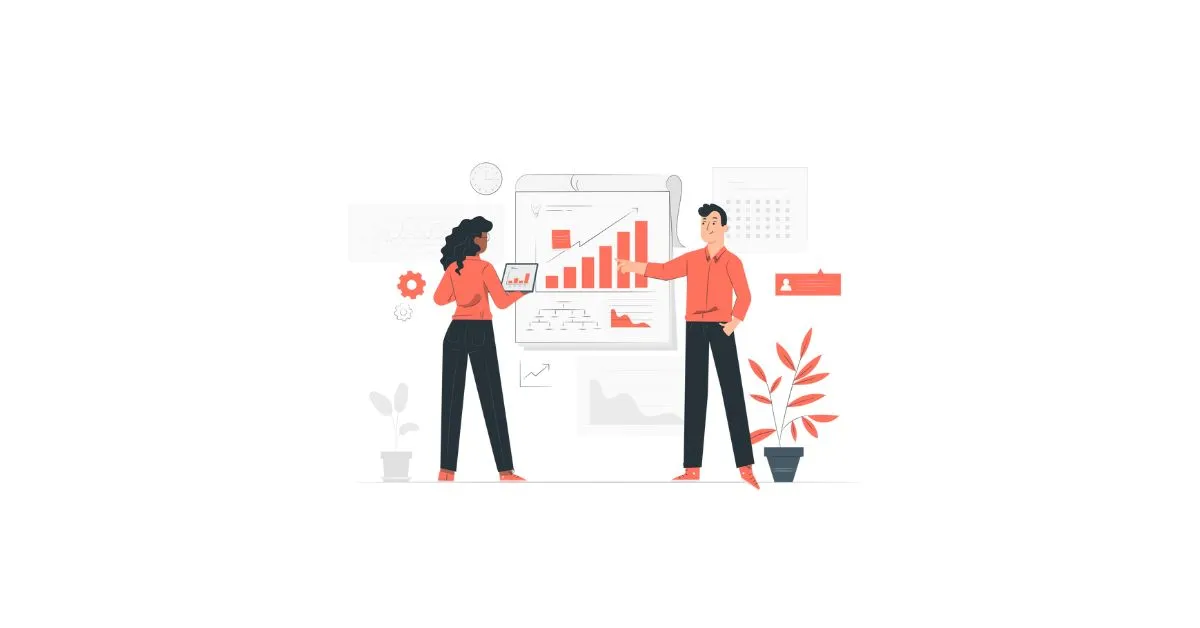
Following all the strategies to optimize PPC Ads, along with adjusting bidding strategies, ad creatives, and targeting parameters based on real-time data and insights will help you optimize campaign performance over time.
Must Read: Best Way to Learn Digital Marketing in 2024
Wrapping Up
As we wrap up our exploration of PPC optimization strategies, it’s crucial to recognize that success in digital marketing is not solely about implementing tactics but also about adapting to evolving trends and consumer behaviors. The 10 strategies to optimize PPC ads discussed in this blog serve as a solid foundation for optimizing your PPC ads and boosting sales, but the journey doesn’t end here.
In digital marketing, continuous learning and experimentation are key. Stay informed about industry updates, test new strategies, and analyze your results to refine your approach. Remember, each business is unique, so don’t hesitate to tailor these strategies to suit your specific goals and target audience.
Above all, maintain a growth mindset and embrace challenges as opportunities for growth. Whether you’re a seasoned marketer or just starting out, the world of PPC advertising offers endless possibilities for innovation and success. So, go forth with confidence, apply effective strategies to optimize PPC Ads, and watch your PPC campaigns soar to new heights.
Kickstart your career by enrolling in GUVI’s Business Analytics and Digital Marketing Course where you will master technologies including Power BI, Excel, SQL, Tableau, and Data Visualization, and build interesting real-life business-analytics projects.
Alternatively, if you want to explore Marketing Research Techniques through a Self-paced course, try GUVI’s Marketing Research Techniques certification course.
FAQs
1. What is the best PPC strategy?
The best PPC strategy combines thorough keyword research, compelling ad copy, targeted audience segmentation, and continuous optimization based on data analysis and testing.
2. How do I optimize my ads?
To enhance your digital marketing efforts, optimize your ads by focusing on keyword relevance, compelling ad copy, strategic bidding, audience targeting, and continuous monitoring and adjustments based on performance metrics.
3. What are the 5 key aspects of PPC?
The five key aspects of PPC are keyword research, ad copywriting, bidding strategy, landing page optimization, and campaign monitoring.
4. How can SEO help PPC?
SEO can help PPC by identifying high-performing keywords, improving quality score through optimized landing pages, enhancing overall website visibility, and providing insights into user behavior and preferences.
5. How do you profit from PPC?
We can profit from PPC by generating a positive return on investment (ROI) through strategic campaign management, targeting high-converting keywords, optimizing ad performance, and maximizing conversions while controlling costs.






















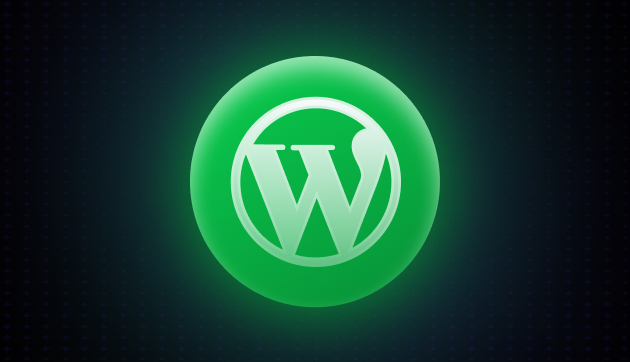
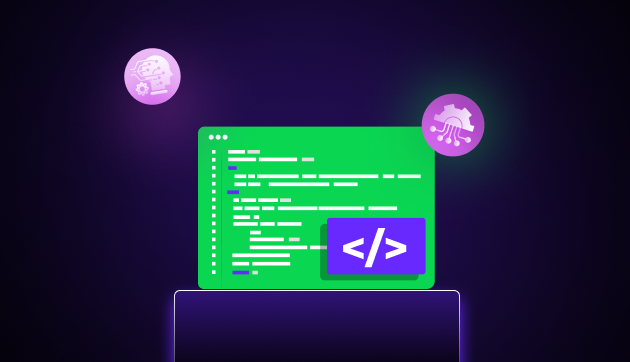

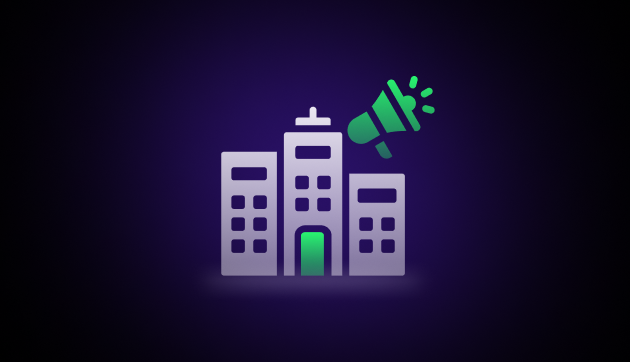



Did you enjoy this article?